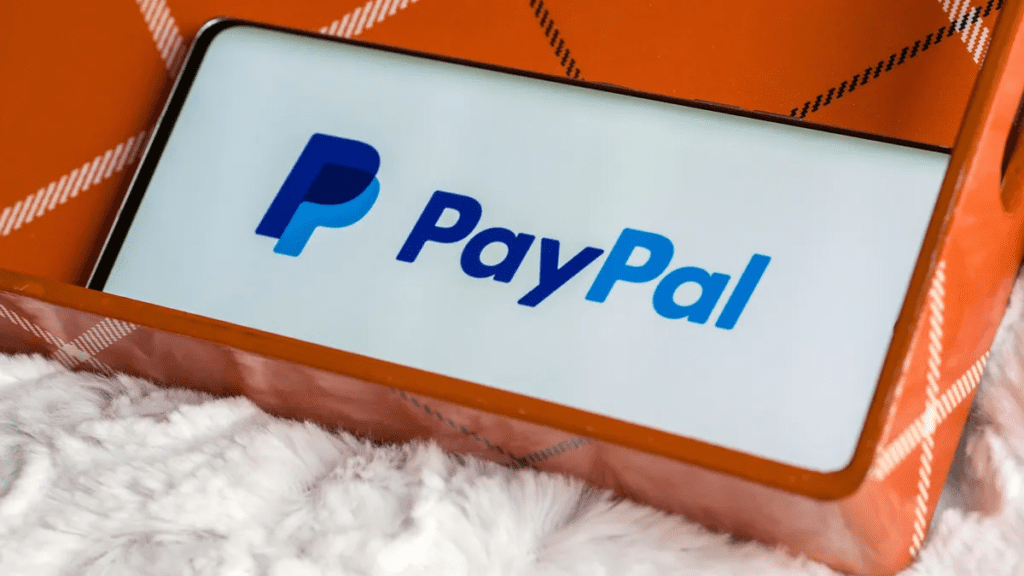PayPal’s Innovative PYUSD Project Was Closely Connected To The Defunct Exchange FTX
Key Points:
- Collaboration between PayPal’s PYUSD stablecoin and FTX on Solana was postponed due to the FTX crash.
- PayPal’s $1B+ crypto holdings reinforce its push for PYUSD stablecoin, aiming to transform digital payments.
- Despite hurdles, Paxos prepares to issue PYUSD, backed by US Dollar reserves, underscoring stablecoins’ transactional potential.
An ambitious collaboration between PayPal’s stablecoin PYUSD and FTX, initially slated for issuance on the Solana blockchain in 2022, has hit a roadblock.

According to Wu Blockchain, the digital payment giant and FTX had entered into a cooperative agreement to launch PYUSD on Solana. However, the project faced suspension due to a crash experienced by FTX, as disclosed by insiders familiar with the matter.
The proposed expansion of PYUSD to other Layer 1 (L1) blockchains faces challenges due to the classification of major public chain tokens as securities by the US Securities and Exchange Commission (SEC).
Previously, PayPal had made waves with its announcement of the PYUSD stablecoin, a move set to revolutionize the utilization of digital currencies for payments.
PayPal’s involvement in the cryptocurrency space has been steadfast, with its crypto holdings surpassing $1 billion in the first quarter of 2023. The introduction of the PYUSD stablecoin aims to solidify its standing in the digital payments sector.
Paxos, a prominent financial institution, is slated to issue the PYUSD stablecoin. The currency will be fully backed by a reserve of US Dollar deposits, cash equivalents, and short-term Treasury bills.
Targeting the American market, the PayPal stablecoin will be pegged to the US Dollar, catering to domestic users.
It’s worth noting that FTX and PayPal have a history of collaboration. The exchange and the global payment platform joined forces in the past to facilitate cost-effective transactions for users via bank wires.
Despite the setback, the potential of PYUSD remains significant, offering a glimpse into the evolving landscape of stablecoins and their role in reshaping digital transactions.
DISCLAIMER: The information on this website is provided as general market commentary and does not constitute investment advice. We encourage you to do your own research before investing.






















